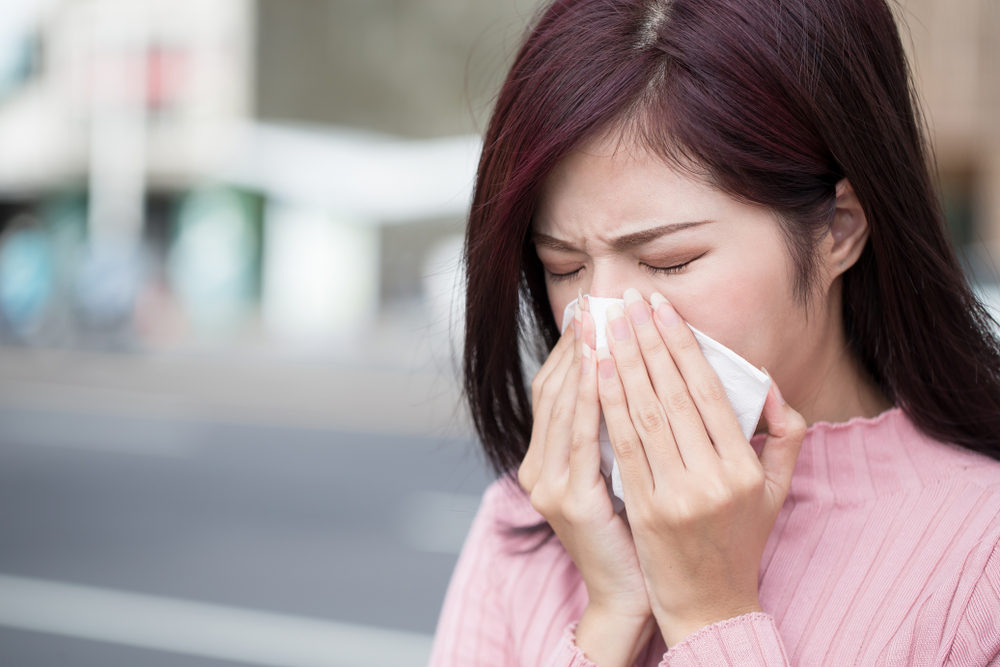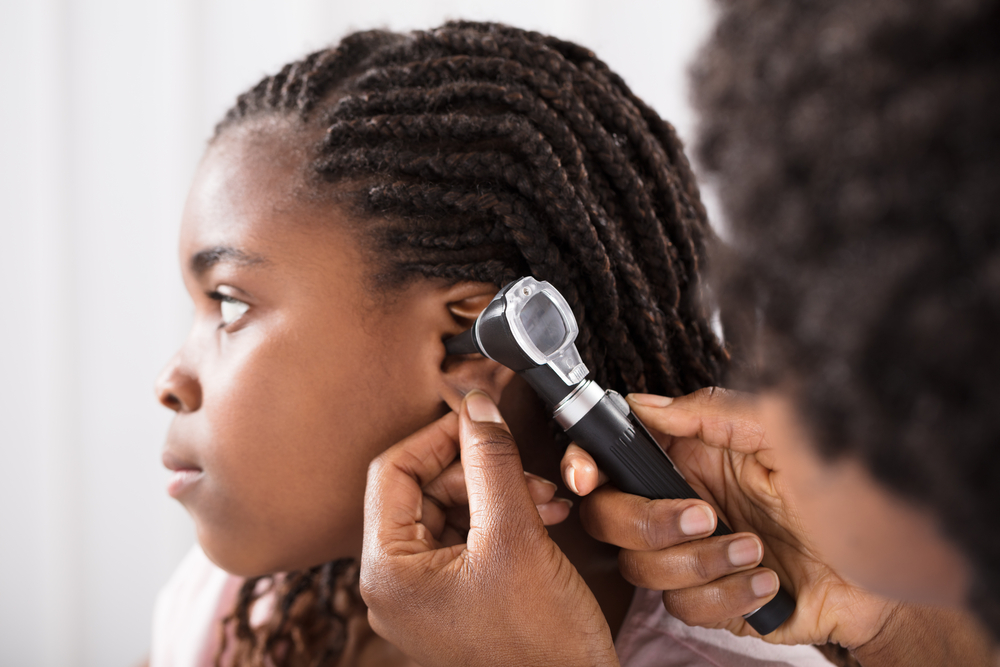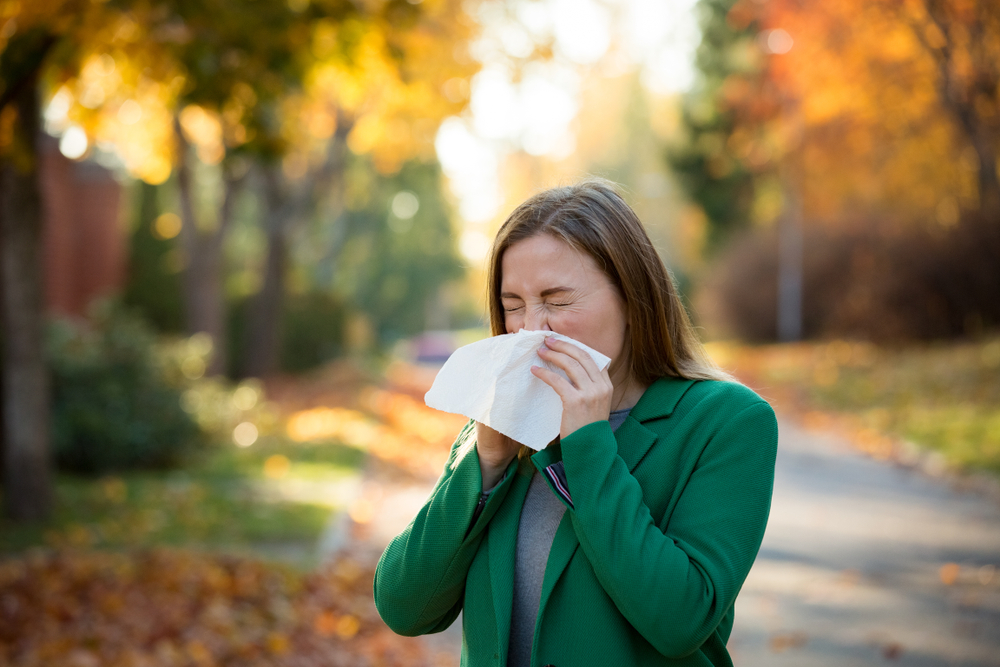Ah, springtime – the season of vibrant blooms, fresh growth, and unfortunately, the onset of bothersome allergies. As the air fills with pollen, bringing about runny noses, itchy eyes, and incessant sneezing, it’s crucial to separate fact from fiction when it comes to managing these seasonal woes.
Myth: Delay allergy medication until symptoms arise
Waiting until you’re surrounded by a yellow dusting of pollen on your car is a common misconception. By then, you’ve missed the window to preempt the onslaught of symptoms. Spring allergy symptoms can kick in as early as late February or early March, particularly in the southern U.S. Being proactive by starting medication early can make your spring more bearable.
Myth: Daily allergy medication isn’t necessary
Contrary to popular belief, skipping doses of allergy medication is not advisable. Consistent daily use is key to maximizing its effectiveness. By maintaining a steady regimen, you give the medication the opportunity to prevent new allergy symptoms rather than constantly playing catch-up.
Myth: Spring flowers are the main culprit
While the sight of blossoming flowers may seem suspect, they’re not the primary cause of your springtime misery. Instead, focus on trees and the pollen they release into the air, carried by spring winds. Surprisingly, it’s trees like maple, oak, and birch – devoid of showy flowers – that are the real allergen sources.
Tip: On windy days, protect your eyes with wraparound sunglasses to minimize exposure to airborne pollen, reducing redness and itchiness.
Myth: Over-the-counter nasal sprays are sufficient
Relying solely on non-prescription decongestant nasal sprays can lead to complications. Prolonged use may irritate nasal linings and result in rebound congestion, rendering them ineffective after a few days. Opting for topical nasal steroids can effectively reduce inflammation, but it’s essential to consult with a healthcare professional to determine the most suitable option.
Myth: Allergy medications aren’t suitable for children
Children can suffer from allergies as early as two years old. Identifying their allergens and administering appropriate medications is crucial for managing symptoms effectively.
Myth: If you didn’t have allergies as a child, you’re immune
Allergies can develop or fade over time, regardless of childhood experiences. It’s entirely possible to develop spring allergies in adulthood, just as it’s possible for childhood allergies to dissipate with age.
Remember, understanding and addressing spring allergies is not just about managing symptoms but also about enjoying the season to its fullest. So, if you’re grappling with allergies or suspect you may have spring allergies, consulting a Ear, Nose, and Throat specialist is essential to explore the right medications and treatment options for you.
Find an ENT specialist near you if you’re suffering from allergies and are unable to find relief.



